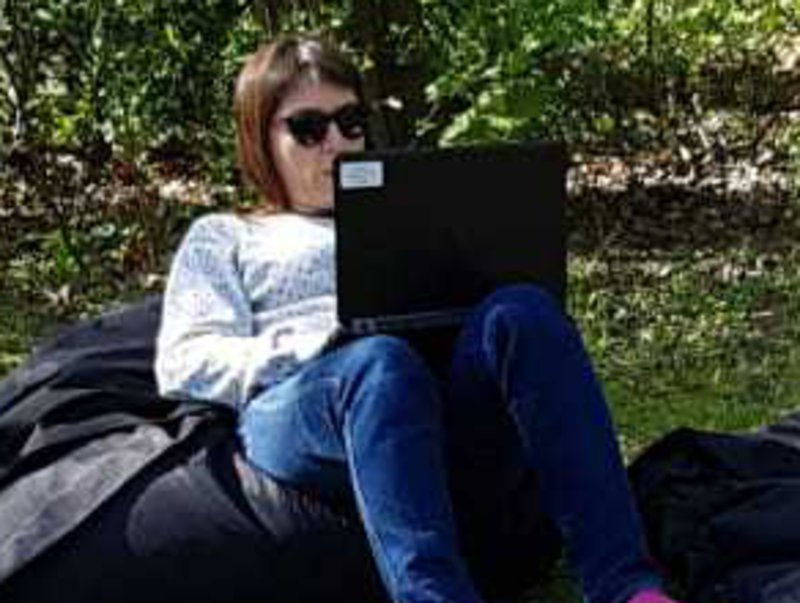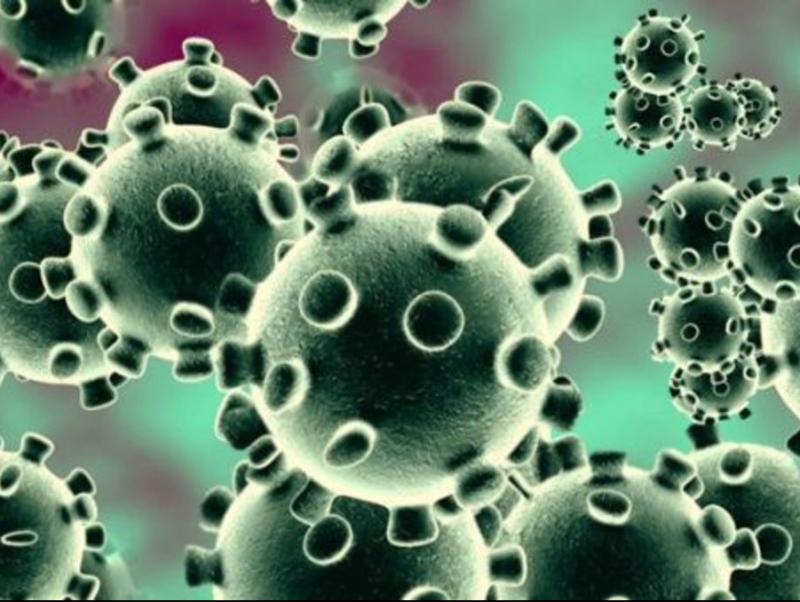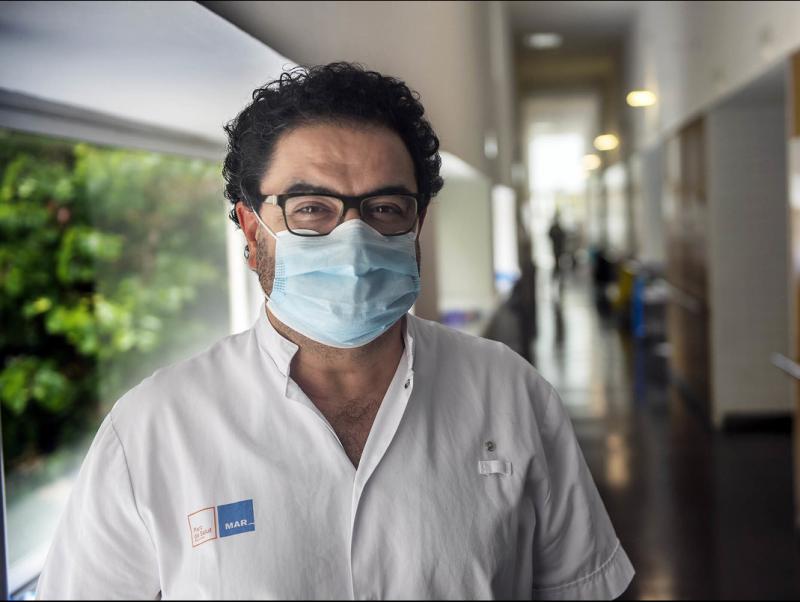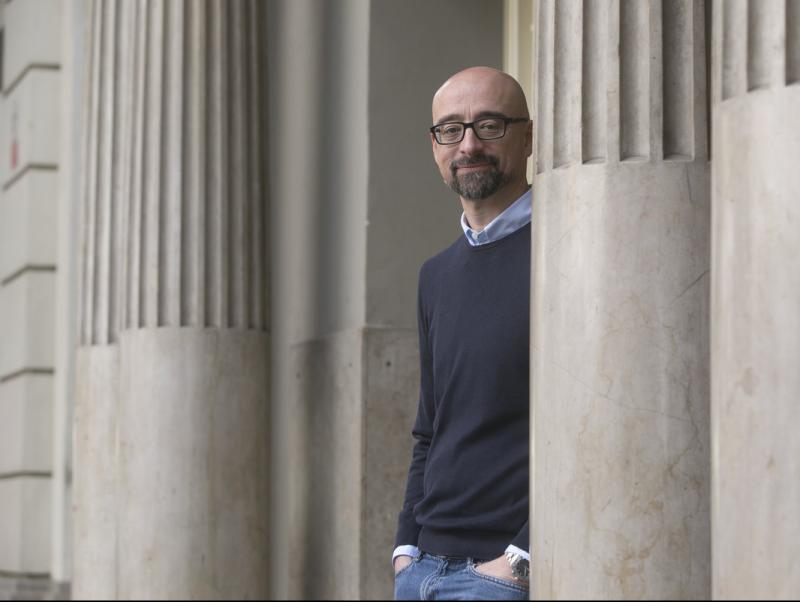europe
Cases: 1,979,578 DeathS: 171,874 Recovered: 958,838
Every country has its own way of managing the pandemic, and we focused on three of them in Europe. Óscar Fernández moved to Copenhagen in 2015, where he works at home as an app developer. In Denmark, he explains, “the crisis was initially perceived as a foreign problem.” The Danish government made a list of countries where it recommended its citizens not to travel and others that, if you were coming from there, you were forced to stay at home for two weeks. All that changed in a matter of days: “They closed the borders to non-residents, recommended people avoid public transport and told everyone who could to telework. Almost everything was closed, except supermarkets, the takeaway places, public works, and a few other establishments”, he says.
In Denmark, the government has not banned people from going out “except in groups of more than 10 people.” The countries of northern Europe have a reputation for being very disciplined, but Fernández refutes the theory: “I remember seeing the children’s area of a large park full of kids playing, without keeping their distance. Last week, to give another example, the weather was very good and the police handed out a lot of fines because people had flocked to the beaches. They even had to close some public spaces because people were sunbathing or partying outside.”
People are allowed to go to work in person as long as the company notifies the authorities in advance and the capacity of the workplace does not exceed a third. Some schools and nurseries have also been open with certain protocols, such as parents not accompanying their children to the door, as well as some small shops. “I had no problem going to the florist’s on Sant Jordi’s Day and buying roses,” he recalls. As for Catalonia and Spain, he thinks that “it’s a shame that it’s been about reproaching each other and trying to stand out, like someone hoping their rival will make a mistake so they can draw blood.”
Rafel Hidalgo has lived in Rome since 1984, where he works as a teacher at the Instituto Cervantes. His job allows him to teach classes from home, and he already devoted much of his time at work to online teaching. Just about the only time he has been out is to buy food. In Italy, most businesses and services were still closed at the beginning of May, although some factories were allowed to open, as were some establishments offering takeaway food deliveries. Rafel spends his days at home working and dedicating some hours to the Association of Catalans in Rome, which broadcasts Ràdio Catalunya-Itàlia. He regrets that in Spain the government did not anticipate what was coming: “Here we could see that they weren’t taking the necessary measures and that it would take a long time to close everything down. It seems they didn’t learn anything from the Italian lesson.“
Lara Muñoz is a translator and lives in Bonn. In Germany, each ’land’, or federal state, has had considerable autonomy in managing the crisis. In North Rhine-Westphalia, Muñoz explains that people were never banned from going outside: “They did, of course, force us to maintain social distance: you can’t gather in groups, while more than two people can’t go out together if they are not a family unit.”
Normalcy has been slowly recovering. Establishments of less than 800 square metres have been open for a while, while takeaways can be ordered in cafés. Pupils who have to do university entrance exams were the first allowed back in the classroom, with the younger years gradually added later. According to Muñoz, who is from Badalona, schools never completely closed, as they continued to offer services to families in which all the members are essential workers. The use of masks or clothing that hides the mouth and nose is mandatory on public transport. As for the information she gets about the handling of the crisis in Spain, she says that the news on German television “holds Spain up as an example of mismanagement.” Meanwhile, what she hears about Catalonia makes her think that “things could have been managed differently”.













